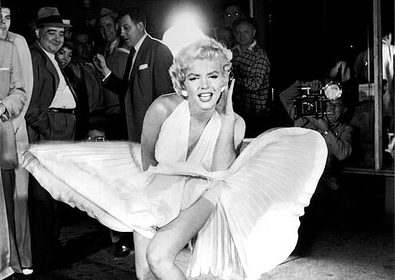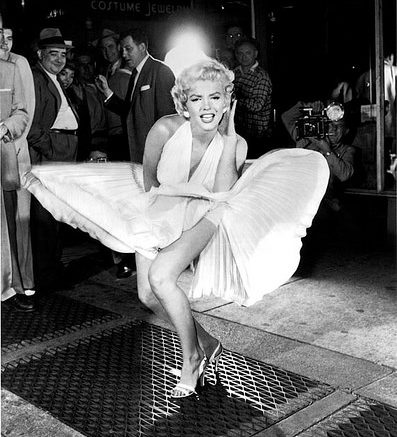
Marilyn Monroe was found dead of an apparent drug overdose in her Westwood apartment in …..
She bounced from one powerful and influential man to another, each having contributed something to her, but each also having pushed her closer and closer to her eventual self-destruction from a drug overdose.
(https://www.vanityfair.com/culture/2010/11/marilyn-monroe-201011
A Psychological Analysis of Marilyn Monroe
)
She was asked to remember a moment in her life, to recall the clothes she was wearing, to evoke the sights and smells of that memory. She described how she had felt about being alone in a room, years before, when an unnamed man walked in. Suddenly, her acting teacher admonished her, “Don’t do that. Just tell us what you hear. Don’t tell us how you feel.” Marilyn began to cry. Another student, an actress named Kay Leyder, recalled, “As she described her clothes … what she heard … the words that were said to her … she began crying, sobbing, until at the end of it she was really devastated.” Was this the real Marilyn Monroe: an insecure, shy, 29-year-old woman? — Vanity Fair
What can we conclude about this woman? This woman that so many, even today, consider a role model for women. I have personally seen many women quote this woman as if her statements were empowering for all women and would encourage others to follow in her steps to success. The reality, of course, was very different. Marilyn had a problem, and it was a deeply implanted one. Her inner game – the ability to tell good stories to yourself – was telling her that she was bad, worthless, and to blame for something that happened to her in the past. Victims of abuse often have these feelings, I am told, and it is sad that Marilyn, having risen to the top, failed to find any sort of support system to fix her from the inside, instead relying on external validation from powerful men to build a career of sorts. But, any house of cards will fall sooner or later, and her reality had no chance to continue and bring her growth and happiness. The veneer of happiness she wore hid a terribly injured psyche and she isolated herself from any potential help she may have been able to receive by her very fame and stardom. I don’t know this for a fact but I seriously doubt she had any close friends to whom she could confide her loneliness and unhappiness. She could not get help and this led to her death. It’s like the plot of Mulholland Drive, but in reverse – success can be as big a trap as failure. Success, though, makes the trap seem nice and pleasant and inviting. To this day women tend to see Marilyn’s trap as some sort of triumph.
References:
https://www.vanityfair.com/culture/2010/11/marilyn-monroe-201011
Photo by MTAPhotos 


Be the first to comment on "Marilyn Monroe – a cautionary tale of external validation and abuse"